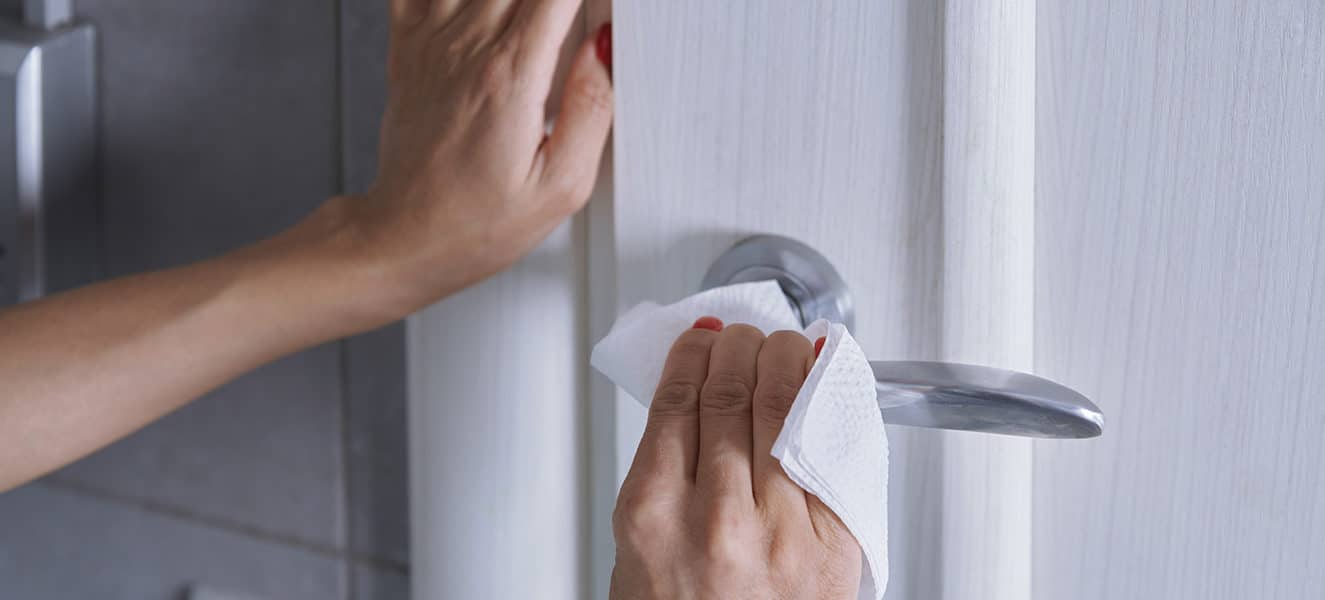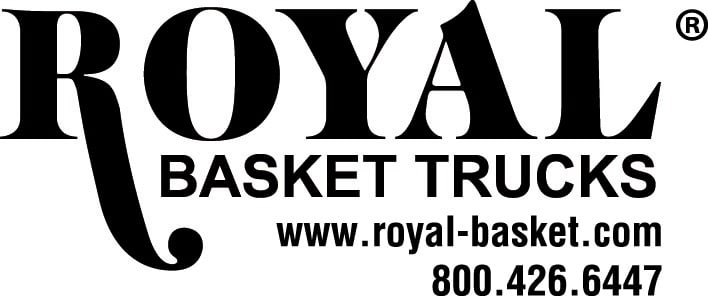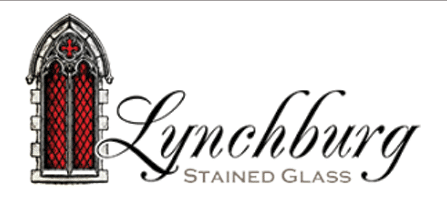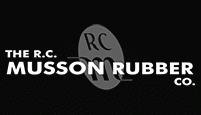By Michael Wilson
If you look closely, you’ll see a curtain coming down in a theater near you. It’s closing on the last performance of the play Hygiene Theater. Most of us, including church administrators, know about this show. Many of us have even seen it.
In Hygiene Theater, all of the characters are cleaning professionals, building managers, or building administrators. All the actors are doing everything they can to ensure the health and safety of the people using their facilities.
However, by the third act of the play, it becomes clear to the characters that despite all that they have done, little in the way of protecting human health was accomplished. Worse, many of the things they were doing would later turn out to be potentially harmful to health and the environment.
OK, this is all make-believe. There is no play. But hygiene theater, nevertheless, is very real.
Coining the Term
Who coined the term is in dispute. However, most credit Derek Thompson, a staff writer for the Atlantic. The gist of how he defined hygiene theater goes like this:
Taking measures that give the illusion of protecting health and improving safety, but which actually do little to mitigate the risk.
What Thompson was referring to was the use of enormous amounts of disinfectants and sanitizers, far more than were used before the pandemic, in an attempt to control the spread of COVID-19.
“Before the pandemic, cleaning professionals and building managers had learned to use these products cautiously,” says Steve Ashkin, the professional cleaning industry’s leading advocate for Green Cleaning and Sustainability. “These are powerful and potentially environmentally unhealthy cleaning solutions that should only be used where and when necessary. But with the pandemic, they were all too often used everywhere, anywhere, and anytime.”
Why This Is Detrimental
A look at how the U.S. Environmental Protection Agency (EPA) classifies disinfectants tells us why the excessive use of disinfectants can be detrimental. According to the EPA, disinfectants are classified as pesticides. They are engineered to kill germs or microorganisms on surfaces.
Knowing this, how many church administrators would be interested in having pesticides coating all the touchable surfaces in their church property?
Making matters worse, we had what was viewed as a technological breakthrough during the pandemic. This was the introduction of disinfectants that could last up to 90 days when applied to surfaces with an electrostatic sprayer. This meant there was an even greater chance — for extended periods — that churchgoers and building users might touch surfaces covered with what the EPA has termed pesticides. This increases the potential for harming human health, especially the health of the very young and seniors.
But, wait. Didn’t we know the use and especially the overuse of disinfectants and sanitizers could be harmful? Yes, we did. Ashkin and others, including public health officials, have been pointing this out for years. However, we did it anyway.
Understanding the Precautionary Principle
This use of products even though we know they may be harmful is referred to as the “precautionary principle.” It has been used before, not only in cleaning, but in all types of industries.
Precautionary principle has different meanings to different people and groups. Based on the German word vorsorge, which means “foresight,” environmentalists started using the term in the 1970s. They believed the term suggests that we must investigate the long-term impacts of products and processes before adopting them.
As it applies to disinfectants and sanitizers, the long-term impacts are known and not disputed. We know the overuse of these products can be harmful.
However, during the pandemic, cleaning professionals and building administrators all followed the same mantra: act now, think later. It’s quite understandable. We were dealing with a crisis unlike anything witnessed in more than a century. We all did what we thought was right at the time.
What We Need to Do Now
Hygiene theater is over. Now it is time for church administrators and cleaning professionals to heed the warnings of the precautionary principle, put on the brakes when it comes to overusing products like disinfectants, and reexamine how cleaning is performed in their properties.
The process begins by calling in an astute janitorial distributor. There are several reasons this is the key first step. For example:
- Many janitorial distributors are members of ISSA or BSCAI, two leading organizations for the professional cleaning industry. Member distributors know firsthand the “best practices” in the industry as it applies to cleaning.
- Going a step further, some janitorial distributors belong to nationwide networks of distributors. At least one of these organizations has ongoing seminars and training programs to keep its members up-to-date on cleaning products and equipment.
- Finally, distributors know how to save their customers money. Many churches suffered financially during the pandemic. Now is not the time to “go it alone” or undertake costly trial-and-error purchasing. A distributor can help administrators select the products that will work best in their facilities. Regarding cleaning processes and procedures, distributors may also recommend that church administrators require cleaning crews, whether working in-house or on a contract basis, to take the Cleaning Industry Management Standard (CIMS) program from ISSA. CIMS teaches cleaning professionals the best practices mentioned earlier when it comes to professional cleaning.
As we move on from hygiene theater and heed the warnings of the precautionary principle, employing best practices in cleaning will be essential to maintaining good health for everyone, including church congregants.
Michael Wilson is vice president of marketing and packaging for AFFLINK, which has janitorial distributor members throughout the U.S. and is a global leader in marketing packaging, cleaning products, and technologies that improve building efficiencies, www.AFFLINK.com.
ISSA, the International Sanitary and Supply Association, and BSCAI, the Building Service Contractor Association International, are both nonprofit organizations for the professional cleaning industry.
















